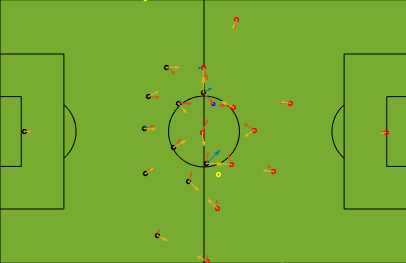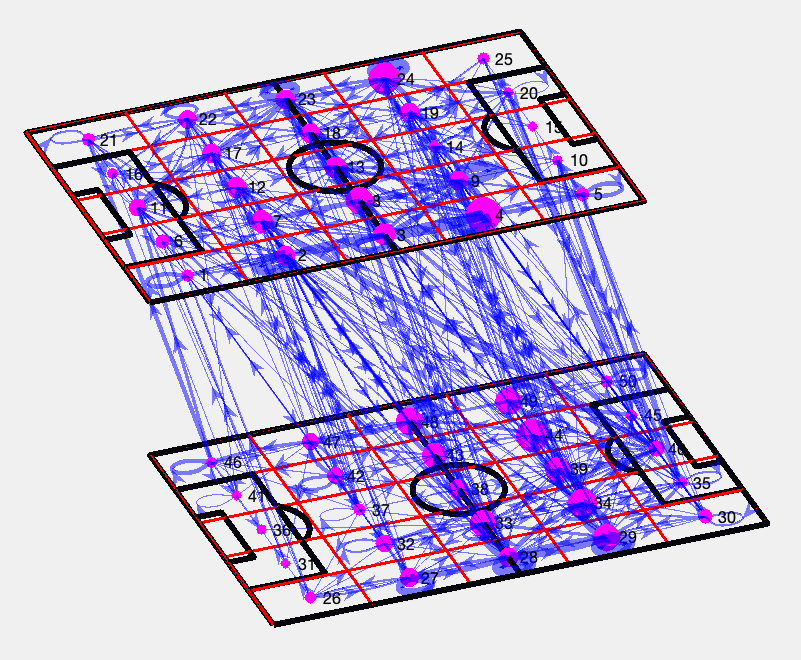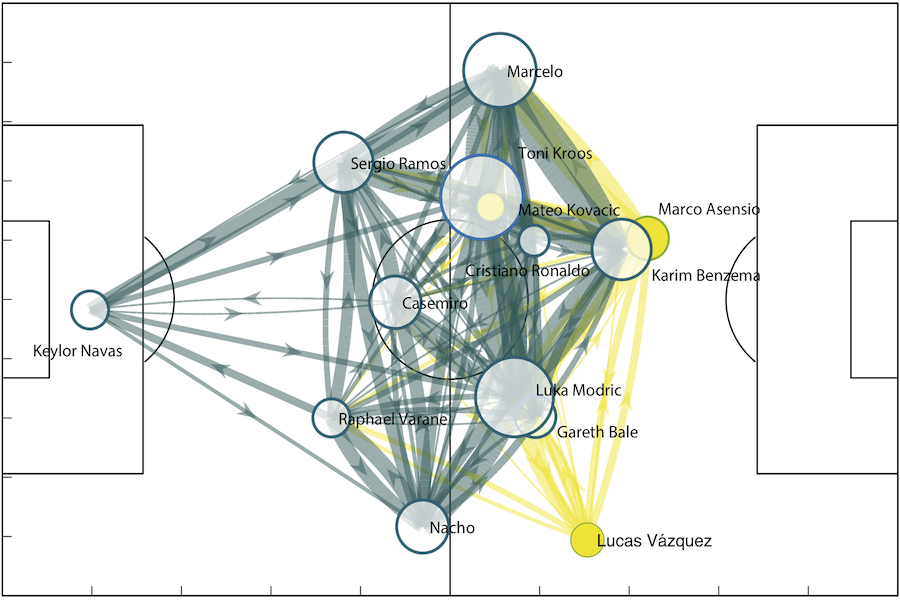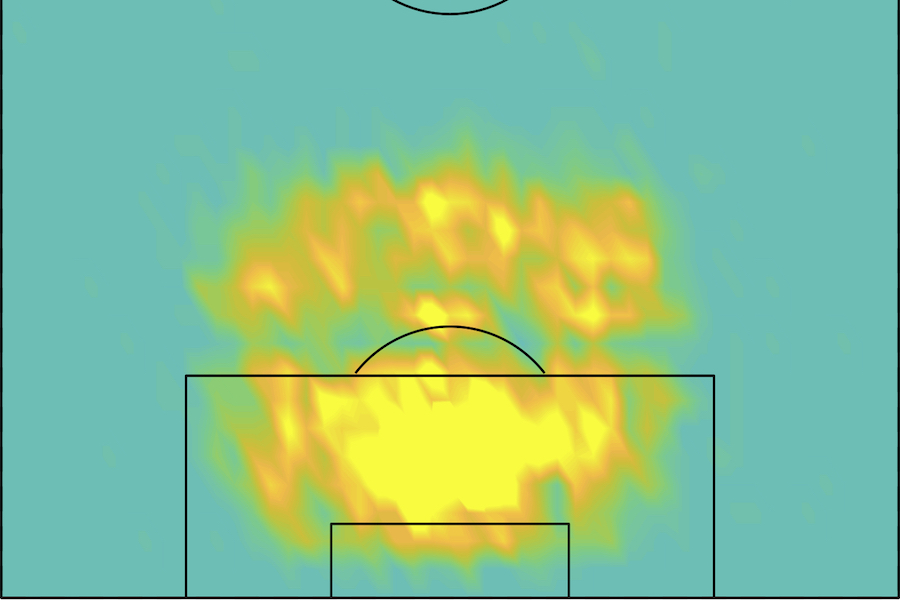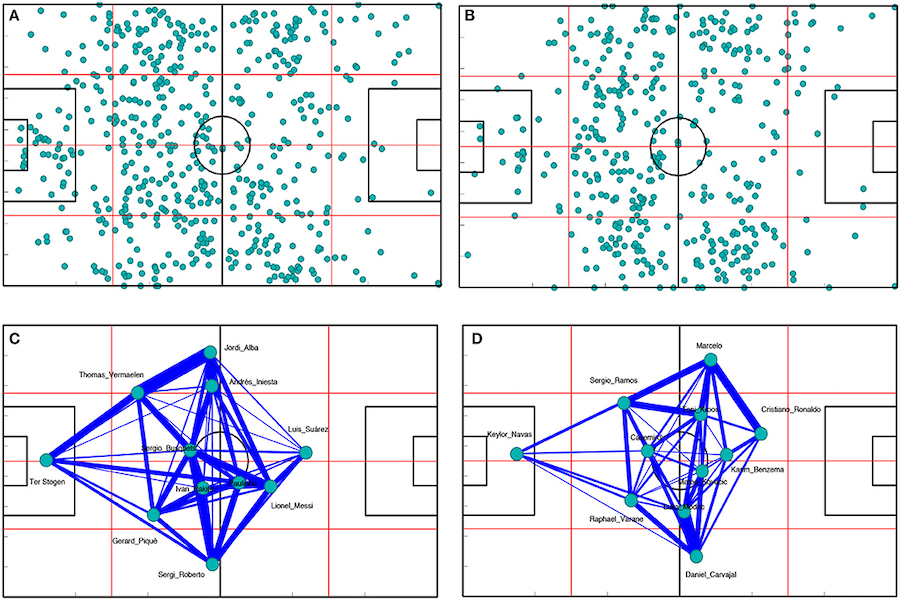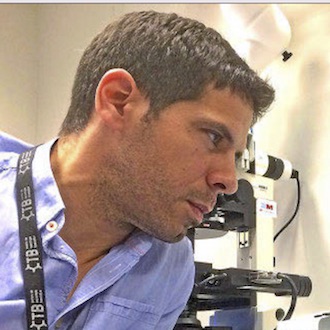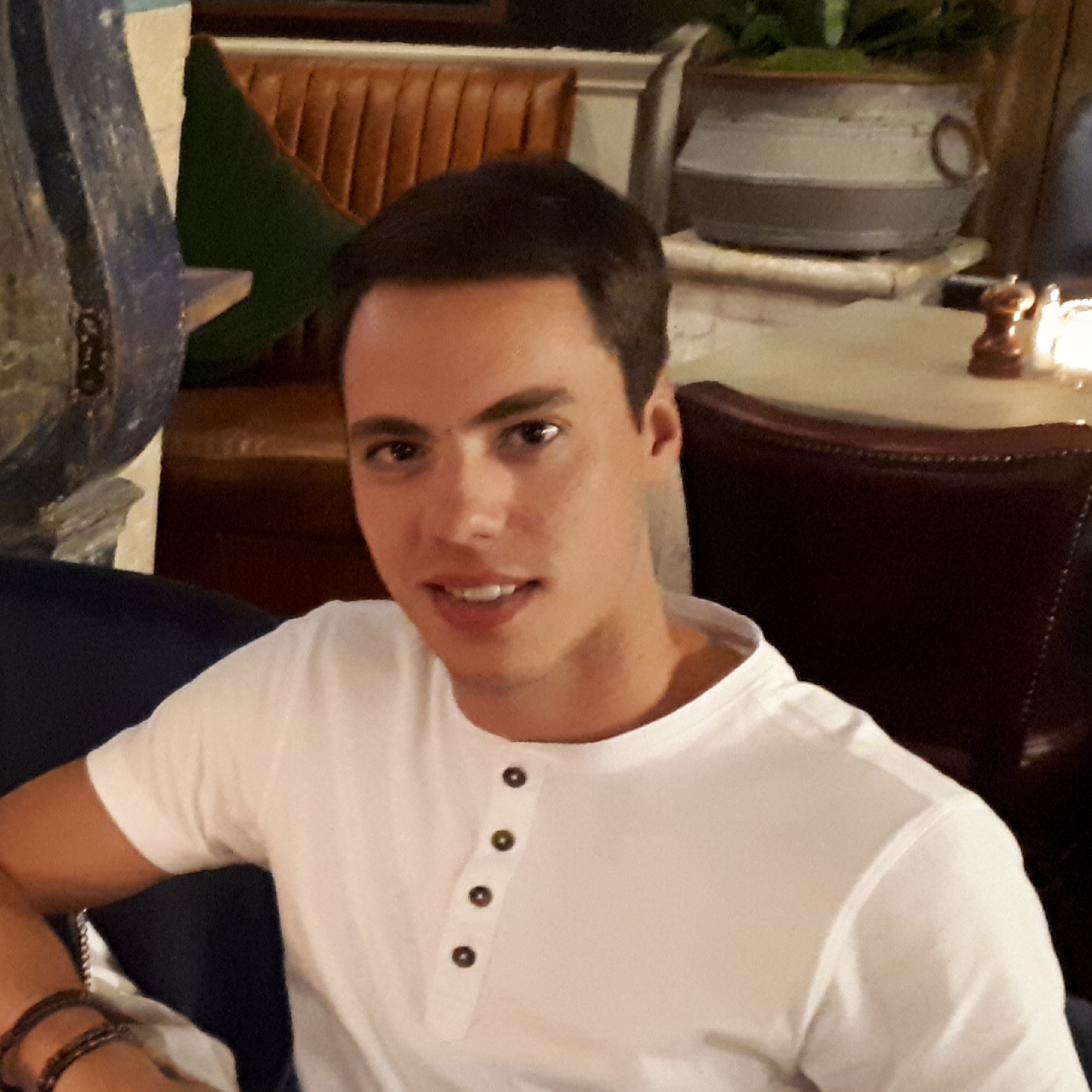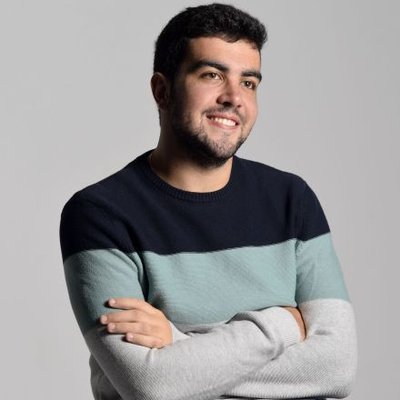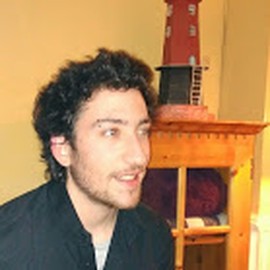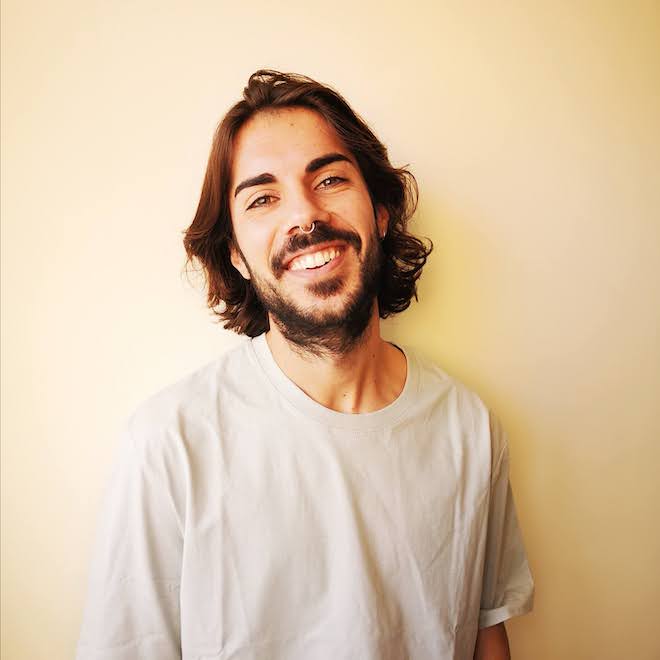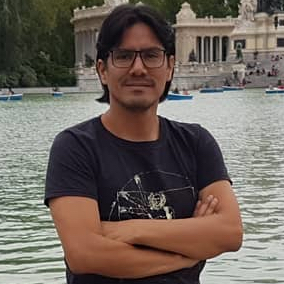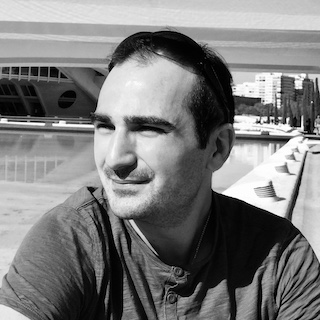Johann H. Martínez (PhD)
Physicist and M.Sc in Biomedical Sciences from the Universidad de los Andes. Colombia. M.Sc. Physics and Ph.D Complex Systems Physics from the Polytechnic University of Madrid. Spain. INSERM Post-doctorate-Sorbonné Université, ICM Paris. France, Research Fellow Ministry of Sciences, Government of Colombia, and active member of the Interdisciplinary Group of Complex Systems (GISC) Madrid. Spain. From Complex Systems Physics, Johann works actively in Network Science, time series, nonlinear dynamics and projects related to data science in real and artificial systems (Neuroscience, Sociology, Biology, among others). He has extensive experience in transdisciplinary research, looking of novel solutions to problems involving plurality. He has worked in international interdisciplinary teams involving computer science, mathematics, physics, and applications to biological and / or social problems. He is part of the founding committee of the Latin American Conference on Complex Networks (LANET) and Organizer of the Brain Networks Satellite @NetSci.
More information

